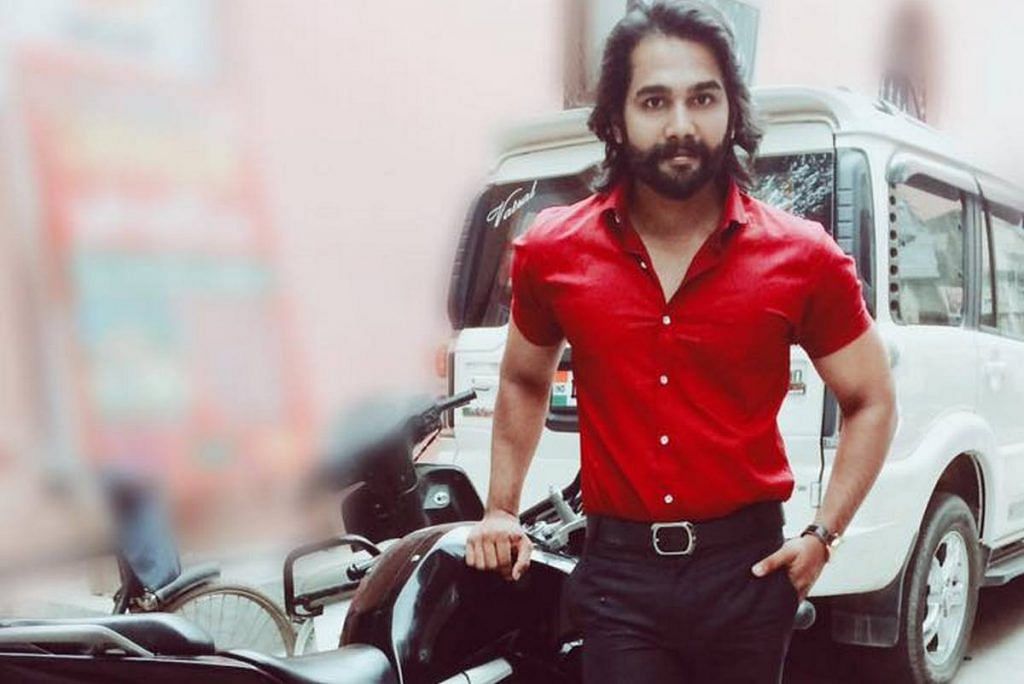The murder of Ankit Saxena in Delhi, the Rajasthan ‘love jihad’ murder video, Hadiya and Rahul Gandhi’s religion unleash our collective anxieties about mixed-faith marriages.
If you are horrified by the murder of Ankit Saxena in Delhi, the recent Rajasthan murder video, then the Hadiya case and the brouhaha over Rahul’s temple visitor-book entry fall in the same spectrum.
All of them unleash our collective anxieties about mixed-faith marriages.
It is not just about the BJP and RSS agenda – although it is fashionable to blame everything evil as a post-2014 phenomenon these days. This goes deeper than that.
At the core of the violent acts and intolerance is a mindset that wants to preserve medieval notions of purity – caste, clan, religion. And our institution of arranged marriages ensure just that. Every family that practices and cherishes carefully hand-picked same-religion, same-caste arranged marriages for their children is practising some version of this intolerance.
There have been two centuries of gradual political momentum for inter-caste marriages in India (with less than desirable results), but there is no political or cultural ecosystem to encourage inter-faith marriages.
Leaders like B. R. Ambedkar, Periyar and Ram Mohan Roy have campaigned for inter-caste marriages in the last two centuries. But even the most anti-caste radicals have maintained silence on inter-faith marriages, especially when it involved Islam.
Gandhi who was vehemently opposed to conversion disowned his son, Harilal, when he embraced Islam and became Abdullah Gandhi (only to later reconvert via Arya Samaj).
No political leader – even those who have married outside their faith— has openly advocated in favour of inter-faith marriages, although it is legal. Government programmes routinely award money to inter-caste marriages and politicians often preside over such marriages. We don’t find that kind of state support to inter-faith marriages. It’s still rare to find “caste no bar” in matrimonial ads, but much harder to find “religion no bar”.
This is what explains the Ankit Saxena murder. Behind the violence is a long established practice of preserving status quo through marriage.
Hindu Akhila converted to Islam and became Hadiya and married a Muslim Shefin Jahan – and her case escalated into politics, court trial and the subject of a terror probe.
Another less talked about instance months ago was the case of a Ladakhi Buddhist woman Stanzin Saldon who became Shifah. The rhetoric of “snatching our girls” was also voiced by the Ladakh Buddhist Association in its response to the conversion and marriage of the woman to a Muslim man from Kargil.
Even the most marginalised sections of our society – both tribals and Dalits – would operate within this mindset when it comes to Muslims.
This anxiety is again visible when we question Rahul’s religion. When we forward WhatsApp messages and videos about Rahul’s and Sonia’s religions, the unsaid subtext is, if you are a product of interfaith marriage and keep your choice of religion ambiguous, somehow we don’t trust your politics.
But the Congress party members are not above this mindset either. That is why his party colleagues chose to go beyond Rahul’s father and grandmother – and quoted the religion of his great-grandfather Jawaharlal Nehru, the generation that did not mix it up.
Much of this anxiety is also a desire to retain a crude hold over demography, and not lose the numbers in your flock, because marrying involves religious conversion.
A University of Pennsylvania survey last year titled the Social Attitudes Research for India found unacceptably high intolerance toward inter-caste and inter-faith marriage – even in cities like Delhi.
Around 60 per cent of Hindus in Delhi reported they were against family members marrying a Muslim. The figure for Muslim resistance to marriage with Hindus was similar. Uttar Pradesh was worse. Around 75 per cent of Hindus said they were against marriage to Muslim, and 70 per cent Muslims opposed marriages to Hindus.
Frequent surveys throw up jaw-dropping results about how even urban, educated millennials ultimately prefer arranged marriages. It is neatly packaged as a tradition of showing respect to elders in the family. As long as we continue to regard the institution of arranged marriage as a benign part of our tradition and culture, the khap-like resistance to mixed marriages will persist. And Rahul and Hadiya will have to stay under public and political scrutiny – and we will keep forwarding murder videos to each other. Only economic expansion, urbanisation and parents getting out of their children’s lives can create a context for change, even as popular politics remains stubbornly regressive.
Rama Lakshmi is Editor, Opinion & Social Media, ThePrint
A version of this article was originally published on 10 December 2017.
